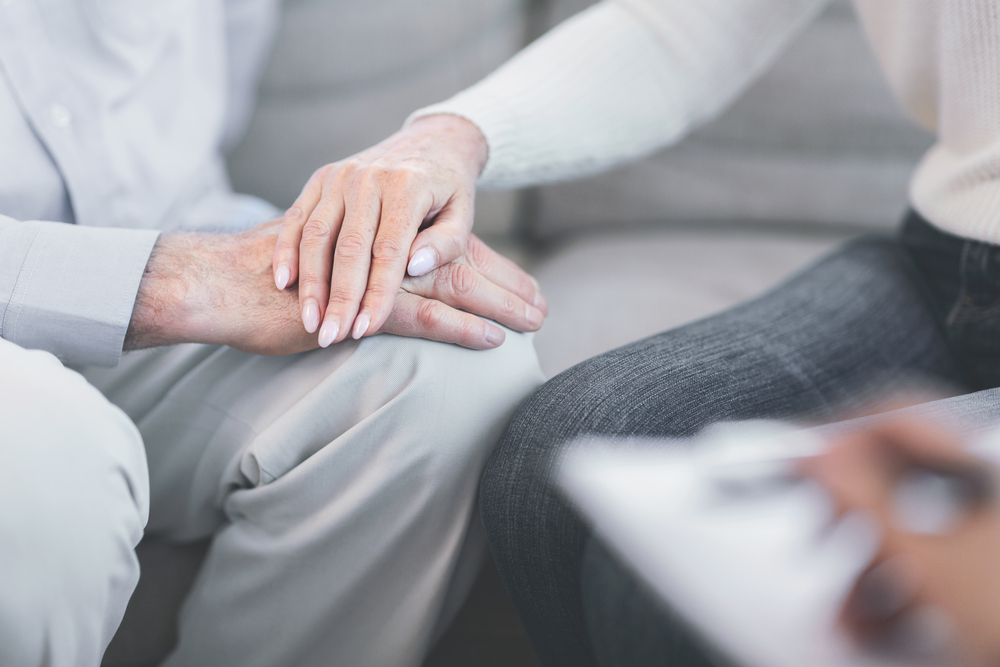Nursing Home Lawyer
When many people think about nursing home abuse, they imagine physical abuse, like hitting and pushing. However, emotional abuse can occur in nursing homes too. Although it might not be as obvious as physical abuse, it is still a real thing. If you suspect that your loved one has suffered emotional abuse in a nursing home, you may want to consult a lawyer.
Types of Emotional Abuse in Nursing Homes
Emotional abuse occurs when nursing home staff members inflict emotional harm and distress on residents. While it may not leave physical marks, it can cause severe emotional damage. Here are the common types of emotional abuse in nursing homes.
- Making threats
- Shouting and yelling
- Calling residents insulting names
- Minimizing residents’ concerns
- Giving the silent treatment
- Intimidating
- Scapegoating
- Isolating residents from others
- Making residents feel guilty
Signs of Emotional Abuse in Nursing Homes
Emotional abuse does not leave behind bruises or broken bones, so it can be more difficult to detect. Many nursing home residents are also not willing to admit abuse. However, if you know what to look for, you can detect it easier. Here are some signs of emotional abuse in nursing homes.
- Depression
- A drastic change in personality that is unlike the resident, such as irritability and anxiety
- Excessive fear
- Drastic changes in weight and eating habits
- Lack of personal hygiene
- Behavior that indicates stress, like nail biting, thumb sucking and hair pulling
Treatments for Emotional Abuse
Emotional abuse can result in long-term psychological damage. As such, nursing home residents may need professional help to recover from it. For example, if a nursing home resident has intense anxiety from the abuse and has trouble sleeping, a doctor may prescribe anxiety medication, like Xanas or Valium. Mental health counseling may also be helpful for these individuals.
Filing a Nursing Home Emotional Abuse Lawsuit
If your family member is the victim of nursing home abuse, he or she deserves justice. He or she may be entitled to compensation for mental health counseling, medications and other damages that resulted from the abuse. However, proving emotional abuse can be tricky. That is why it is important to have an experienced nursing home lawyer on your side. A lawyer can build a strong case against the nursing home and protect your loved one’s rights. He or she can help you gather evidence and handle the negotiation process. With a skilled lawyer, your family member is more likely to receive fair compensation.
During your first meeting with a nursing home lawyer, expect to answer many questions about your family member’s case. If possible, bring your family member with you to the meeting. If you have any evidence pertaining to your loved one’s case, such as witness statements or mental health counseling records, remember to bring them with you. The more information you have for your lawyer the better.
Schedule a consultation with a nursing home lawyer from Brown Kiely, LLP to discuss your case in detail.

